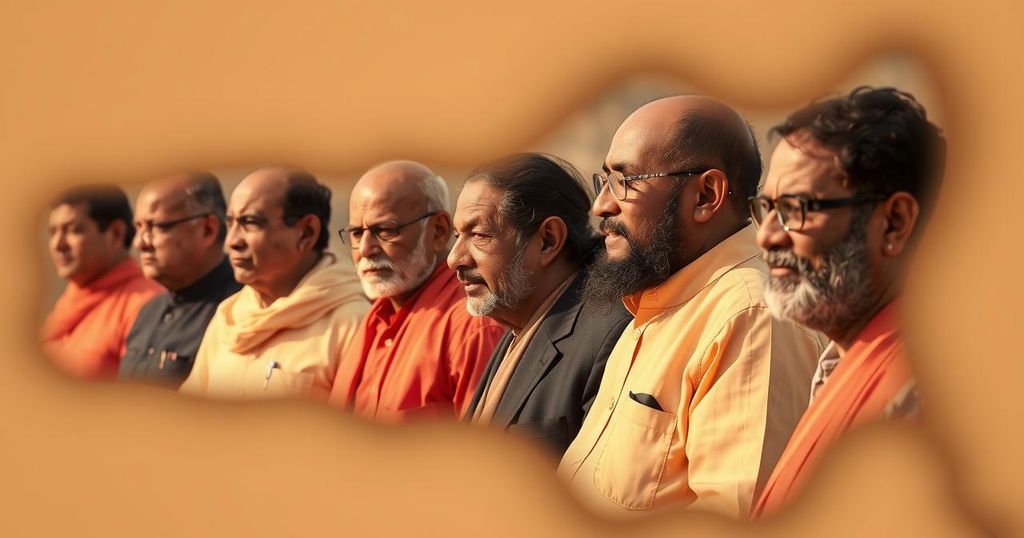Expat Bangladeshi Hindus Urge India to Support UN Sanctions Against Bangladesh

A group of expatriate Bangladeshi Hindus has urged India to advocate for UN sanctions against the Bangladesh administration, claiming it targets religious minorities, particularly Hindus, following a recent political upheaval. The group presented a five-point action plan that included the completion of the 1947 population exchange, the establishment of protected zones, and reassessing Bangladesh’s involvement in UN peacekeeping missions, citing historical ties and ongoing violence against Hindus.
A coalition of expatriate Bangladeshi Hindus, allied with the Global Bengali Hindu Coalition and based in Europe and North America, has called upon the Indian government to advocate for United Nations sanctions against the Bangladesh administration. This call comes amid claims of escalating targeting of religious minorities, particularly Hindus, following the recent overthrow of the Sheikh Hasina administration. In their statements, group members expressed their concerns at a news conference held in New Delhi, asserting the need for global intervention to safeguard vulnerable communities within Bangladesh.
The cohort presented a five-point agenda, stressing the completion of population exchanges originating from the 1947 Partition to enable the resettlement of displaced Hindus and other minorities. They emphasized the dire situation under the current government, labeling it “illegal” and “hostile” while demanding the establishment of protected zones in Hindu-majority regions for safety and security. Furthermore, they requested a reassessment of Bangladesh’s contributions to United Nations peacekeeping missions given alleged human rights violations against minorities under its regime.
Sitangshu Guha, a representative of the group, invoked India’s historical association with Bangladesh during its liberation war in 1971, urging India to support the endangered Hindu population. Despite India’s prior conveyance of concerns to Bangladesh regarding the treatment of Hindus, particularly referring to a recent arrest of a Bangladeshi monk, the expat group has observed a continued pattern of violence against the Hindu community. They highlighted reports documenting multiple attacks on temples and dedicated spaces for Hindus, suggesting a failure from all past governments to protect this group.
Arun Dutta, presenting evidence of the shrinking Hindu population within Bangladesh from 22% in 1951 to 7.95% in recent years, underlined the longstanding injustices faced by the Hindu community. The group criticized the current administration’s assurances of safety as being overstated, reinforcing their appeal for increased international oversight. They concluded with the urgency of diplomatic action from India to prevent potential extinction of Bangladesh’s Hindu community, solidifying their demands for immediate intervention and long-term protective measures.
The call for action stems from a significant concern over the treatment of religious minorities in Bangladesh, particularly the Hindu community, following the political changes in the country. The engagement of expatriate Bangladeshi Hindus with the Indian government reflects a desire for assistance in addressing the perceived injustices and violence directed at their community. With historical ties influencing current events, the plea for international sanctions highlights a complex interplay of diplomacy, humanitarian intervention, and advocacy for minority rights within South Asia.
In summary, the expatriate Bangladeshi Hindu group’s urgent appeal to the Indian government for UN sanctions against Bangladesh underscores a critical need for international awareness and intervention regarding the plight of Hindus and other minorities. Their demand for protective measures and a reassessment of foreign policy towards Bangladesh is framed by a historical context and pressing issues of human rights violations. This situation demands proactive involvement not only from India but also from the global community to safeguard these vulnerable populations.
Original Source: www.hindustantimes.com







